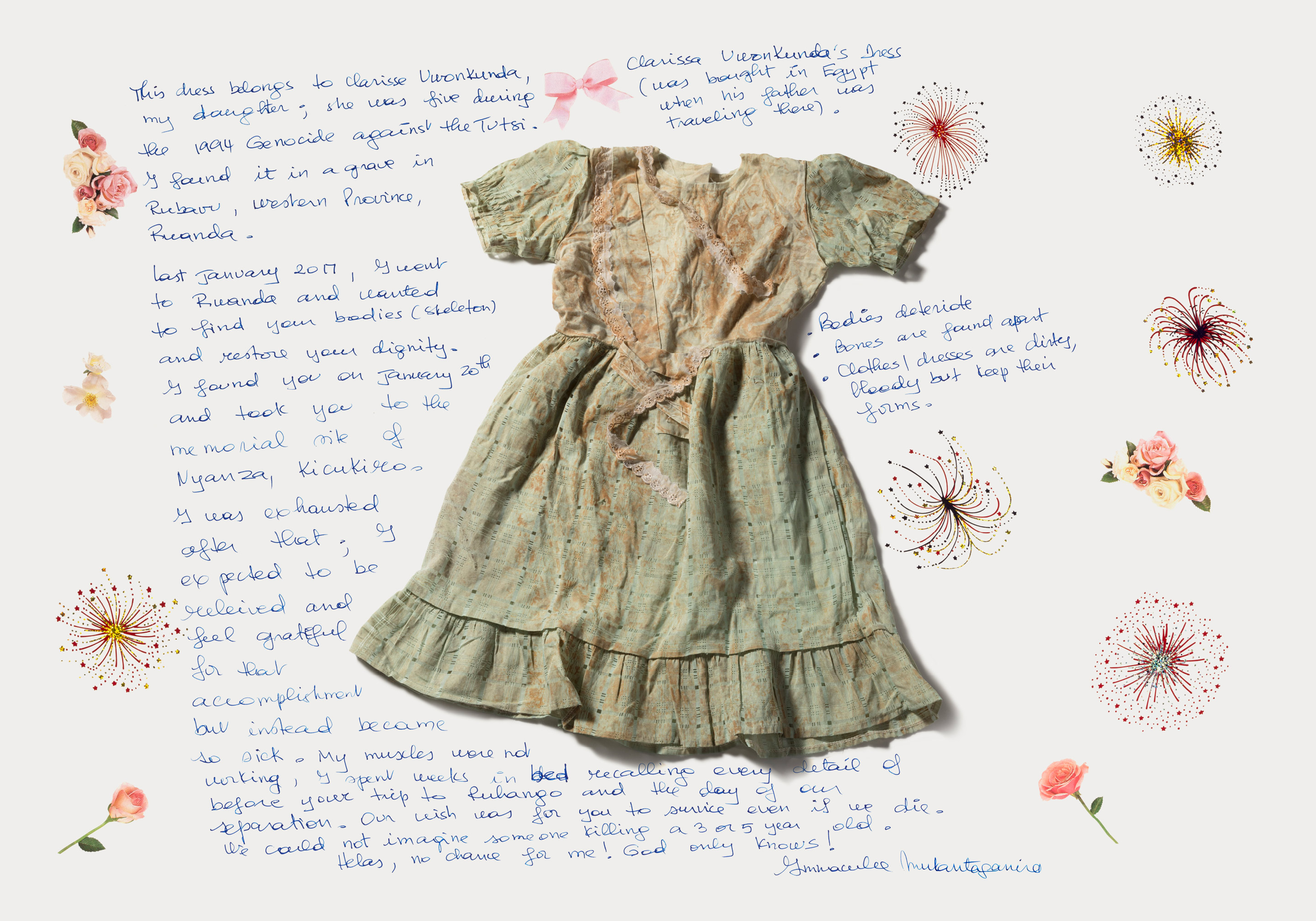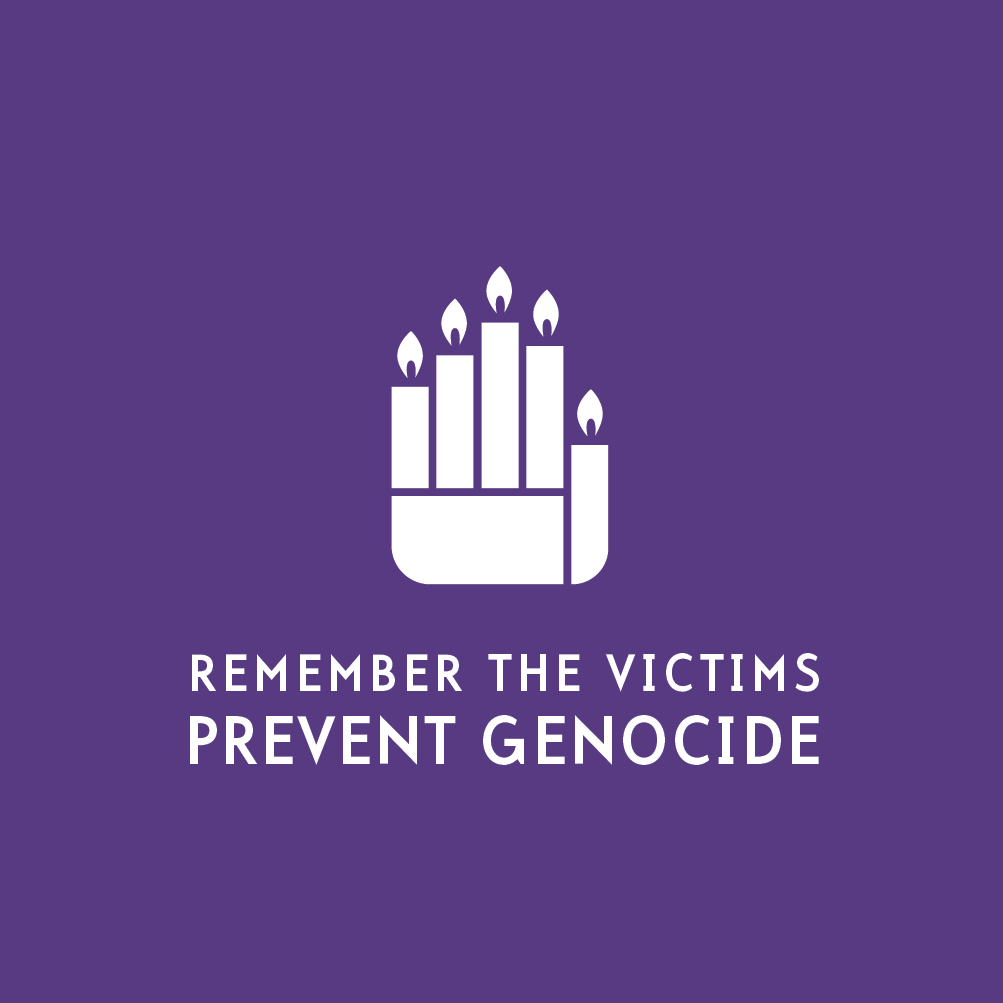States bear the primary obligation for preventing and punishing genocide [...] I also urge all governments to fully implement the Convention and hold perpetrators to account.
António Guterres
A Decade Toward Preventing Genocide
This year marks the tenth anniversary of the International Day of Commemoration and Dignity of the Victims of the Crime of Genocide and of the Prevention of This Crime, and in September of 2025 the United Nations General Assembly adopted the Resolution A/RES/79/328 expressing concern that, despite the efforts of the international community, many thousands of innocent human beings continue to be victims of genocide. The Resolution reiterated the responsibility of each individual State to protect its populations from genocide, which entails the prevention of such a crime, including incitement to it, through appropriate and necessary means, and that fighting impunity for the crime of genocide is an important factor in its prevention. In this regard, the Resolution requested the President of the General Assembly to convene a full-day high-level meeting to mark the tenth anniversary of the International Day to galvanize accelerated efforts on the prevention and punishment of the crime of genocide.
The tenth anniversary of the International Day provides a valuable opportunity to assess progress, confront ongoing challenges, and renew the international community’s determination to address risks and prevent mass atrocities. It is an occasion for Member States and stakeholders to reaffirm their commitment to international frameworks, strengthen multilateral cooperation, and tackle emerging threats through education, robust early warning systems, and the effective implementation of international law. The full-day high-level meeting of the General Assembly will provide a critical platform for Member States, international organizations, civil society, and other stakeholders to engage in a dialogue on the prevention and punishment of genocide, and to reflect on their own commitments.
The need to invest in genocide prevention, as envisaged by the Genocide Convention drafters 77 years ago remains as relevant as ever.
2025 Event
9 December 2025
10:00am EST
The full day high-level meeting of the United Nations General Assembly event will be held in person, starting at 10am EST. It will be livestreamed on UN WebTV, featuring remarks by the President of the General Assembly, the Special Adviser on the Prevention of Genocide, and statements by Member States.
The International Day
By its resolution 69/323 of 29 September 2015, the United Nations General Assembly established 9 December as the International Day of Commemoration and Dignity of the Victims of the Crime of Genocide and of the Prevention of this Crime. 9 December 2022 marks the International Day of Commemoration and Dignity of the Victims of the Crime of Genocide and of the Prevention of this Crime, as well as the 74th anniversary of the 1948 Convention on the Prevention and Punishment of the Crime of Genocide (the “Genocide Convention”), the first human rights treaty adopted by the General Assembly. The Convention signifies the international community’s commitment to “never again” and provides the first international legal definition of “genocide,” widely adopted at national and international levels. It also establishes a duty for State Parties to prevent and punish the crime of genocide. Every year the United Nations Office on Genocide Prevention and Responsibility to Protect organizes events to mark this International Day, honoring the victims of genocide and the anniversary of the Convention.
The Genocide Convention
The Genocide Convention (article 2) defines genocide as "any of the following acts committed with intent to destroy, in whole or in part, a national, ethnical, racial or religious group … ", including:
- Killing members of the group;
- Causing serious bodily or mental harm to members of the group;
- Deliberately inflicting on the group conditions of life calculated to bring about its physical destruction in whole or in part;
- Imposing measures intended to prevent births within the group;
- Forcibly transferring children of the group to another group.
The Convention confirms that genocide, whether committed in time of peace or war, is a crime under international law which parties to the Convention undertake “to prevent and to punish” (article 1). The primary responsibility to prevent and stop genocide lies with the State.
A call to action for genocide prevention
The objects in this exhibition reflect the lives of their one-time owners and the impact of war, trauma, displacement and exile on these lives. The objects survived the Holocaust, genocide and other atrocity crimes in Cambodia, Srebrenica and Rwanda.
View the exhibit
In terms of prevention, the critical step is to identify the factors (discriminatory practices) in a given situation that lead to or account for acute disparities in the treatment of a diverse population, and to seek ways to diminish and eventually eradicate these possible causes of genocidal violence. Given that no country is perfectly homogeneous, genocide is a truly global challenge.
The Special Advisers on the Prevention of Genocide and the Responsibility to Protect
The Special Advisers on the Prevention of Genocide and on the Responsibility to Protect work together to advance national and international efforts to protect populations from genocide, war crimes, ethnic cleansing and crimes against humanity, including their incitement. One of their main tasks is to collect information on situations where there may be a risk of genocide, war crimes, ethnic cleansing and crimes against humanity, based on the risk factors outlined in the Framework of Analysis for Atrocity Crimes. Due to the sensitive nature of their mandate, much of the Office’s work remains outside of the public eye. However, when the Special Advisers assess that making their concerns public will reduce the risk of atrocity crimes in a specific situation, they do so by issuing public statements and, upon request, by briefing the Security Council.
Watch
Flower of Srebrenica - Permanent Memorial to the Victims of the Genocide
Rwanda: Genocide against the Tutsi Commemoration
75 years of the Genocide convention
Read
We must counter hate speech if we want to prevent future genocides – an interview with Alice Wairimu Nderitu, UN Special Adviser on the Prevention of Genocide, by Africa Renewal’s Zipporah Musau

Click on the image to download it. Please follow the usage guidelines.
Resources
Documents
- Convention on the Prevention and Punishment of the Crime of Genocide (75th Anniversary edition)
- Resolution establishing the International Day of Commemoration and Dignity of the Victims of the Crime of Genocide and of the Prevention of this Crime (A/RES/69/323)
- Convention on the Prevention and Punishment of the Crime of Genocide (1948) (A/RES/3/260)
- States Parties to the Convention on the Prevention and Punishment of the Crime of Genocide
- Human Rights Council resolution 28/34 on the prevention of genocide (23 March 2015)
- 2005 World Summit Outcome Document
Other resources
- Office on Genocide Prevention and the Responsibility to Protect
- Framework of Analysis for Atrocity Crimes
- Outreach Programme on the Rwanda Genocide and the United Nations
- International Day of Reflection and Commemoration of the 1995 Genocide in Srebrenica, 11 July
- The Holocaust and the United Nations Outreach Programme
- Beyond the Long Shadow: Engaging with Difficult Histories
- UN News stories





